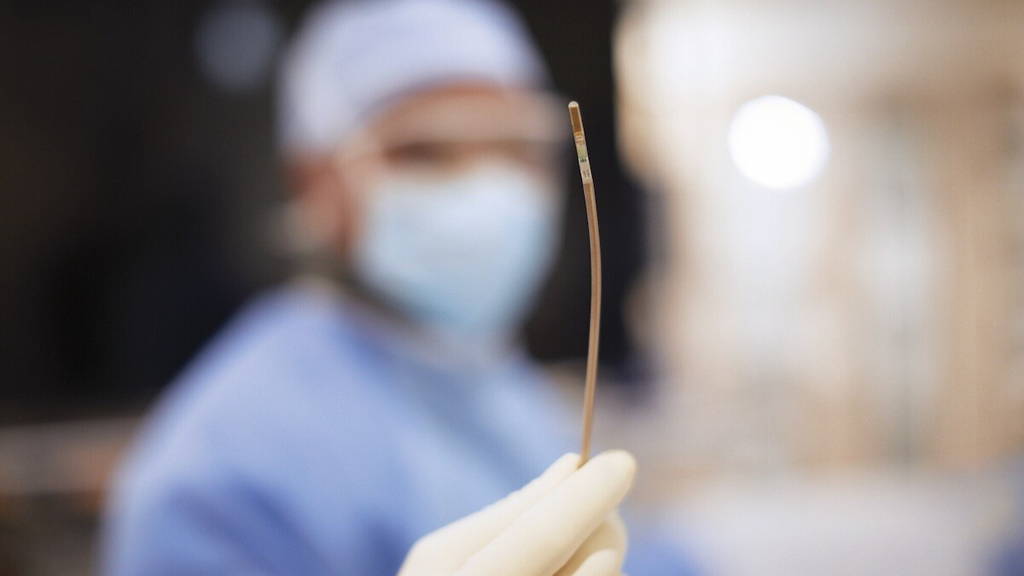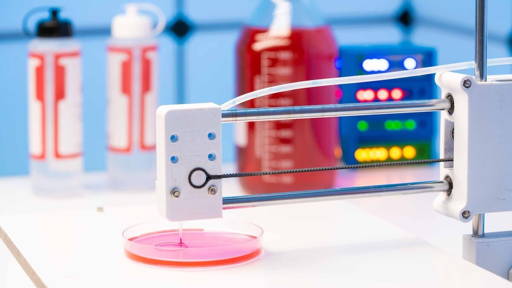Philips is bringing the innovative VeriSight Pro 3D ICE catheter to Europe. This miniature ultrasound probe, embedded in the tip of a steerable catheter, delivers real-time high-quality 2D and 3D images from inside the heart itself. The technology enables procedures to be performed without general anaesthesia. This leads to more patient-friendly and efficient treatments for structural heart disease. Following its success in the US, this marks an important step for cardiac care in Europe.
The catheter contains a tiny ultrasound probe with a diameter of 3 millimetres that is guided to the heart via the vascular system. Once there, the device delivers high-quality real-time 2D and 3D images without the need for general anaesthesia. According to Philips, the VeriSight Pro 3D ICE catheter is designed to support decision-making in procedures for structural heart disease and electrophysiological procedures.
Visualisation
Direct visualisation of the heart anatomy from within the heart chambers themselves allows physicians to work with greater precision and less invasive techniques. Berry Dwarswaard, Sales Leader Image-Guided Therapy Devices at Philips Benelux: ‘VeriSight Pro reflects our commitment to clinically relevant innovations that increase precision, reduce complexity and improve the care experience.’
Where traditional techniques, such as transoesophageal echocardiography, often require general anaesthesia, this new ICE technology can be used with less stress for the patient. This also reduces hospital stays and lowers costs. It also allows for a more efficient care process.
Working through a single access point
This is the first time that the refined image quality of transoesophageal echocardiography (TEE) has been made so compact that it fits inside an intracardiac echo catheter (ICE). A transoesophageal echocardiography is an echocardiography and Doppler examination of the heart via the oesophagus.
The VeriSight Pro gives doctors a direct view of what they are doing: placing medical devices, checking results through a single access point. Thanks to smart features such as xPlane and iRotate, they can view two image planes simultaneously and change direction digitally without having to physically move the catheter. This saves time, reduces risks and increases control during complex procedures.
The technology integrates seamlessly with Philips' broader ecosystem, including the EPIQ ultrasound system, the Azurion platform and tools such as EchoNavigator. The Philips Azurion Neuro Biplane system was recently awarded the prestigious iF Design Gold Award 2025, a recognition of excellence in healthcare technology design. With the European launch of VeriSight Pro, Philips is responding to growing healthcare demand. More heart surgeries require smarter, faster and more patient-friendly solutions. With VeriSight Pro, Philips aims to contribute to accessible, scalable and patient-friendly cardiac care.










